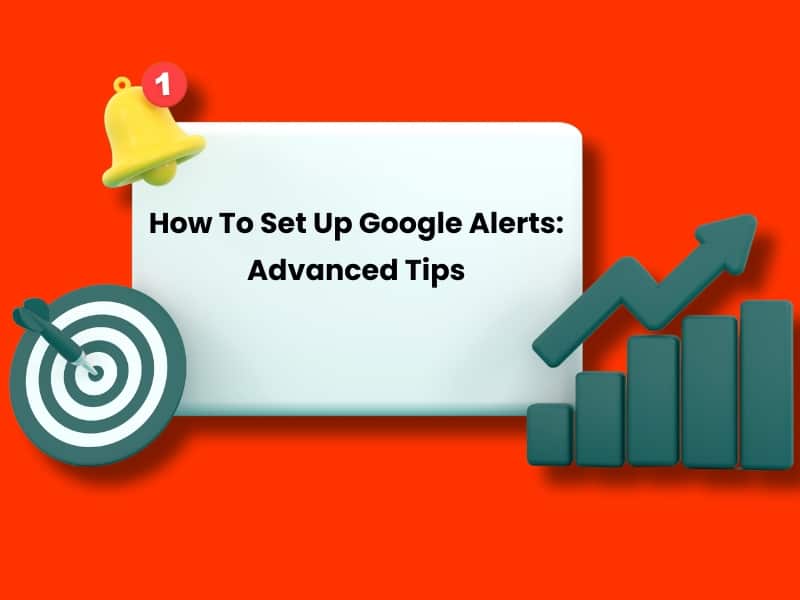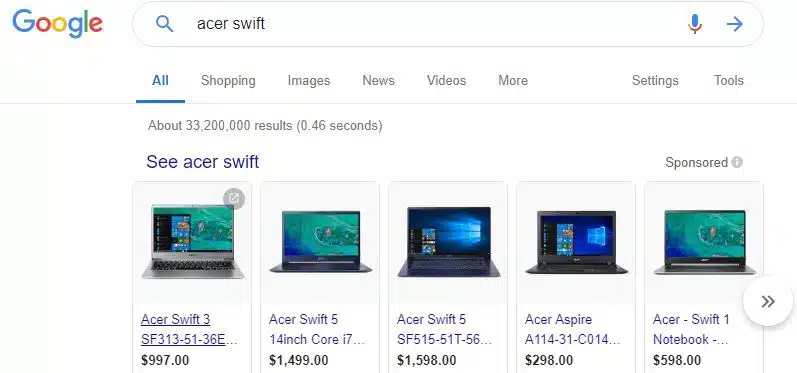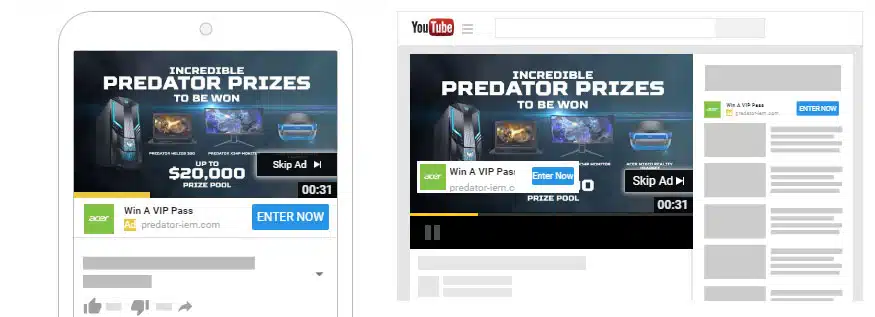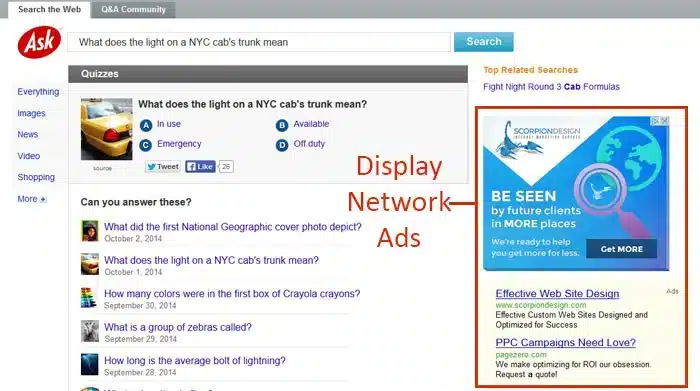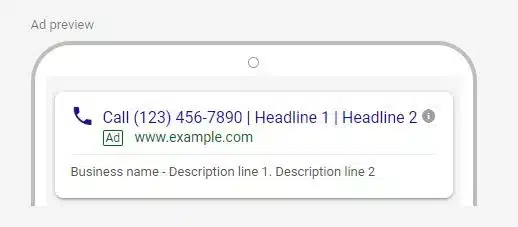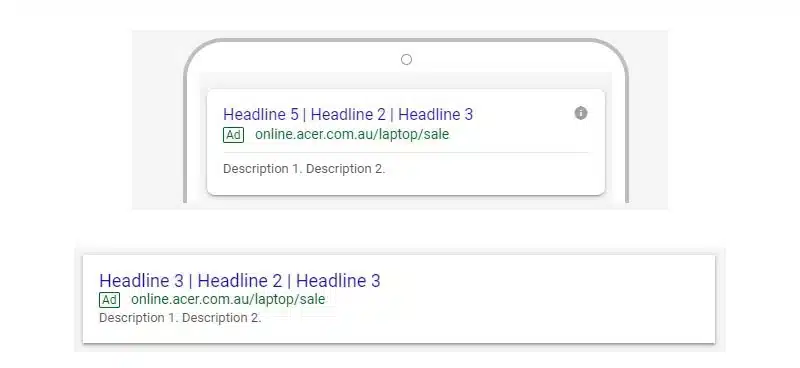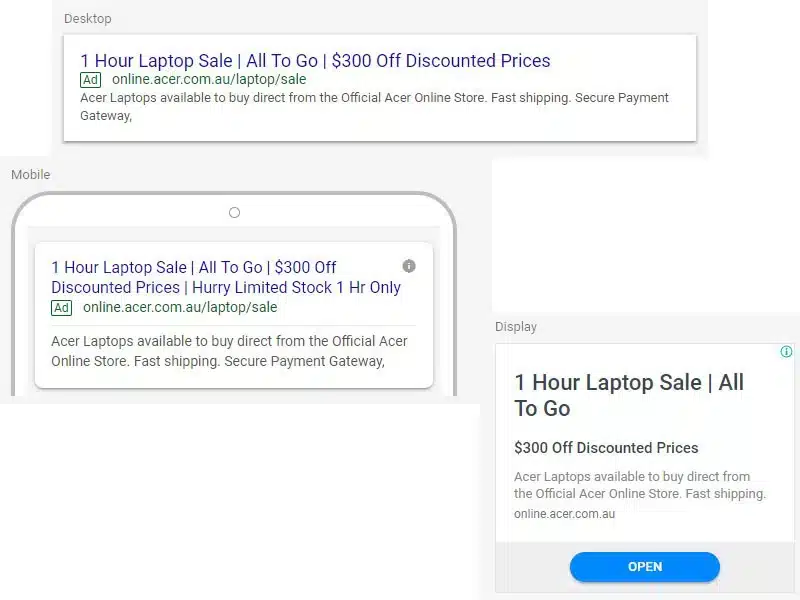Google Alerts is a powerful yet often underutilised tool for businesses aiming to enhance their online presence. Whether you’re monitoring your brand, competitors, or industry trends, setting up this tool can help keep you informed and support better decision-making in your marketing strategy. This article will explore advanced tips on how to set up Google Alerts and how they can benefit your business, particularly for small and medium businesses (SMBs) in Australia.
What are Google Alerts?
Google Alerts is a free service from Google that provides email notifications whenever new content (like news articles, blog posts, or videos) is published online that matches the specific keywords or phrases you’ve entered.
Example of how businesses use Google Alerts:
A local restaurant could set up alerts for keywords like “best pizza in [City Name]” or “[Restaurant Name] reviews” to:
- Monitor local food trends: Stay informed about popular dishes and dining trends in their area.
- Track customer sentiment: Quickly identify positive mentions for promotional purposes or negative reviews that require immediate attention.
Why should you set up Google Alerts for your business?
Setting up Google Alerts can benefit your business in several ways, especially in the fast-paced world of digital marketing. Here’s why you should consider using it:
- Track competitors’ activity: Google Alerts allows you to monitor your competitors’ online mentions, giving you insights into their strategies. For example, if a competitor launches a new product or receives media coverage, you can act fast to analyse their performance and adjust your strategy.
- Monitor brand mentions: When you set up alerts for your business name or product, you’re notified whenever someone mentions it online. This can be crucial for understanding public perception and spotting potential PR crises early.
- Content inspiration: By monitoring emerging trends in your industry, you’ll receive real-time content ideas that your audience will find valuable. If you see your competitors or influencers discussing new trends, you can create timely content to maintain relevance.
- Reputation management: Staying on top of what’s being said about your business can help you manage your reputation. If there’s a negative review or comment, being alerted to it immediately lets you respond quickly.
- SEO tracking: Monitoring keyword trends and industry news can help you spot backlink opportunities and see where your content can add value.
What advanced settings can enhance your Google Alerts experience?
While Google Alerts is simple to set up, advanced settings can help you optimise its functionality. These tweaks can ensure that you only receive relevant and valuable information.

- Set up multiple alerts: You can set up alerts for various aspects of your business, such as brand name, products, services, competitors, or industry news. This ensures you don’t miss anything important.
- Use advanced search operators: Google Alerts allows you to use operators like “-” (minus) to exclude certain terms or “OR” to track multiple terms. For example, if you want to monitor mentions of “Sydney restaurants” but exclude fast food chains, you can set up alerts with keywords like “Sydney restaurants -fast food.”
- Adjust alert frequency: You can choose how often you want to receive alerts, whether instantly, once a day, or once a week. This customisation helps prevent information overload while ensuring you receive timely updates.
- Filter by source type: Google Alerts allows you to filter the results by the type of source—news, blogs, web, discussions, and more. This ensures you get alerts relevant to your marketing efforts, whether you want media coverage or feedback on discussion boards.
- Regional and language preferences: If your business is local, you can tailor your alerts to focus on specific regions or languages, making them more relevant to your target audience.
How can Google Alerts boost your SEO and content strategy?
Google Alerts plays a significant role in improving your SEO strategy. Here’s how it helps:
- Keyword tracking: Google Alerts can help you track relevant keywords and trends, enabling you to optimise your content and stand out on Google search. By tracking keywords related to your products or services, you can identify high-ranking topics and create content around them to improve your SEO.
- Content gaps: This tool helps you identify content gaps by monitoring competitor activity and industry trends. These gaps present an opportunity to create fresh, engaging content that appeals to your target audience.
- Backlink opportunities: Alerts notify you when other websites mention your brand, providing opportunities for backlinking. Strong backlinks improve your search engine ranking, making this tool essential for your SEO strategy.
- Content optimisation: Stay updated with the latest trends to optimise your existing content. If new information becomes available, you can edit your content to ensure it remains accurate and relevant, boosting your chances of ranking higher on search engines.
- Competitive advantage: By using Google Alerts to monitor what competitors are publishing, you can spot emerging trends or keywords that you might have missed. This gives you a competitive edge in your content strategy.
Can monitoring help with reputation management?
Yes! Google Alerts is an invaluable tool for managing your brand’s reputation. Here’s how it works:
- Monitor negative mentions: Google Alerts notifies you whenever someone mentions your brand negatively. This allows you to address issues swiftly and protect your reputation before problems escalate.
- Track reviews: Set up alerts for review platforms and social media to stay updated on customer feedback. You can share positive feedback across your channels and deal with negative reviews immediately.
- Media coverage: If your business is featured in the media, you’ll be notified instantly, allowing you to capitalise on positive press or address any negative coverage.
- Sentiment analysis: Google Alerts can help you monitor the sentiment around your brand, allowing you to make timely adjustments to your marketing and communication strategies. Additionally, tracking your brand’s mentions complements the importance of Google My Business by helping you stay on top of reviews and local search results.
How do you integrate alerts with other digital marketing tools?
Integrating Google Alerts with other tools in your marketing ecosystem can enhance the effectiveness of your strategy. Here’s how:
- CRM integration: By linking alerts to your CRM, you can capture customer interactions and automatically record feedback related to your business.
- Social media management tools: Integrating alerts with tools like Hootsuite or Buffer helps you monitor them directly from your social media management dashboard. Additionally, Social Media Analytics provides valuable insights into audience engagement and campaign performance, helping you refine your marketing strategy.
- Email marketing: Use the insights from these notifications to improve your email marketing campaigns, whether it’s personalising offers or addressing customer concerns.
- Analytics tools: Combine alerts with analytics platforms to measure the impact on web traffic, conversions, and overall ROI.

For businesses wondering how to set up Google Alerts and integrate it seamlessly, these steps can make a big difference in streamlining your efforts and improving your marketing results.
What are some common mistakes to avoid when setting up Google Alerts?
While Google Alerts is a simple tool, there are some common pitfalls to avoid:
- Overloading with alerts: Too many alerts can overwhelm your inbox. Focus on the most relevant topics to keep things manageable.
- Lack of specificity: Be as specific as possible with your keywords to avoid irrelevant alerts.
- Ignoring frequency settings: Set your alerts to the right frequency to stay informed without being overwhelmed.
- Not reviewing alerts regularly: Check your alerts periodically to ensure they’re still relevant and remove any unnecessary ones.
How Nifty Marketing Australia can help you leverage Google Alerts
Nifty Marketing Australia is one of the best digital marketing specialist agencies in Australia, offering tailored strategies to boost your online presence. We specialise in helping businesses across Australia enhance their digital marketing strategies. Our team has worked with numerous clients to implement Google Alerts as a core part of their marketing efforts. One of our clients praised Derek and the team at Nifty Marketing for going above and beyond to assist with their marketing needs, being proactive and very keen to help. Engaging with our team was a great decision for their business.
If you need assistance with setting up Google Alerts or improving your digital marketing strategy, get in touch with Nifty Marketing Australia today. Our team is here to help you optimise your online presence and stay ahead of the competition.
Frequently Asked Questions
- Can I set up alerts for multiple keywords at once?
Yes, you can set up separate alerts for multiple keywords, ensuring you track various aspects of your business or industry.
- How often will I receive notifications?
You can choose how often to receive alerts, from immediate notifications to daily or weekly updates.
- Can I use Google Alerts to monitor social media mentions?
While Google Alerts can track mentions across the web, it doesn’t track social media platforms directly. You may need third-party tools for that.
- Can Google Alerts track video content?
Yes, you can set Google Alerts to notify you when videos related to your keywords are posted on platforms like YouTube.
- How do I stop unwanted alerts?
You can delete or modify your existing alerts by logging into your Google Alerts dashboard and adjusting the settings.
- Can I track news mentions?
Yes, you can set alerts for news sources specifically to monitor relevant industry news.
- Are there any advanced search operators for setting up alerts?
You can use advanced search operators like “-” to exclude terms or “site:” to target specific websites for your alerts.
- Is Google Alerts free?
Google Alerts is completely free to use.
- Can I monitor competitors’ mentions?
Yes, setting up alerts for your competitors’ names can help you monitor their online presence and strategy.
- How many alerts can I set up?
There is no set limit, so you can set up as many alerts as you need to track your business and industry.


